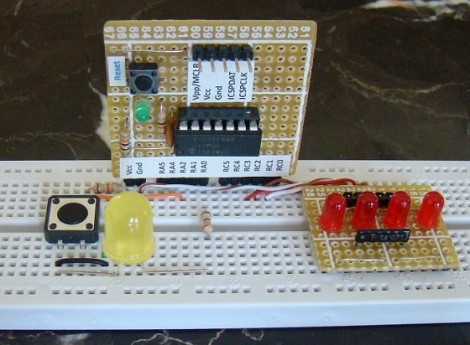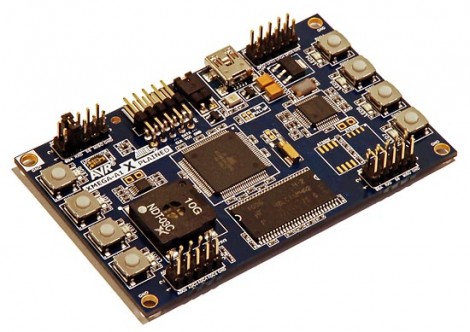
Community collaboration is a great thing. Take the Arduino PWM library for shift registers. Some folks at the Arduino forum pitched in and helped [Elco] trim off a bunch of clock cycles by using the Rotate Over Carry instruction. Now he’s reduced the overhead per shift-register from 108 down to just 43. So far this doesn’t mean more possible outputs – 768 is still quite a lot – but does it means better precision when max outputs are used. This effectively doubles the brightness levels for 768 LEDs from 16 up to 32.
We’re at a loss for what to link to here. [Elco] has a new page for the library. There’s the original forums thread but we didn’t see much of interest there. We found some stuff in the comments of this Reddit post. And of course, if you have no idea what we’re talking about go back and read the original feature.













